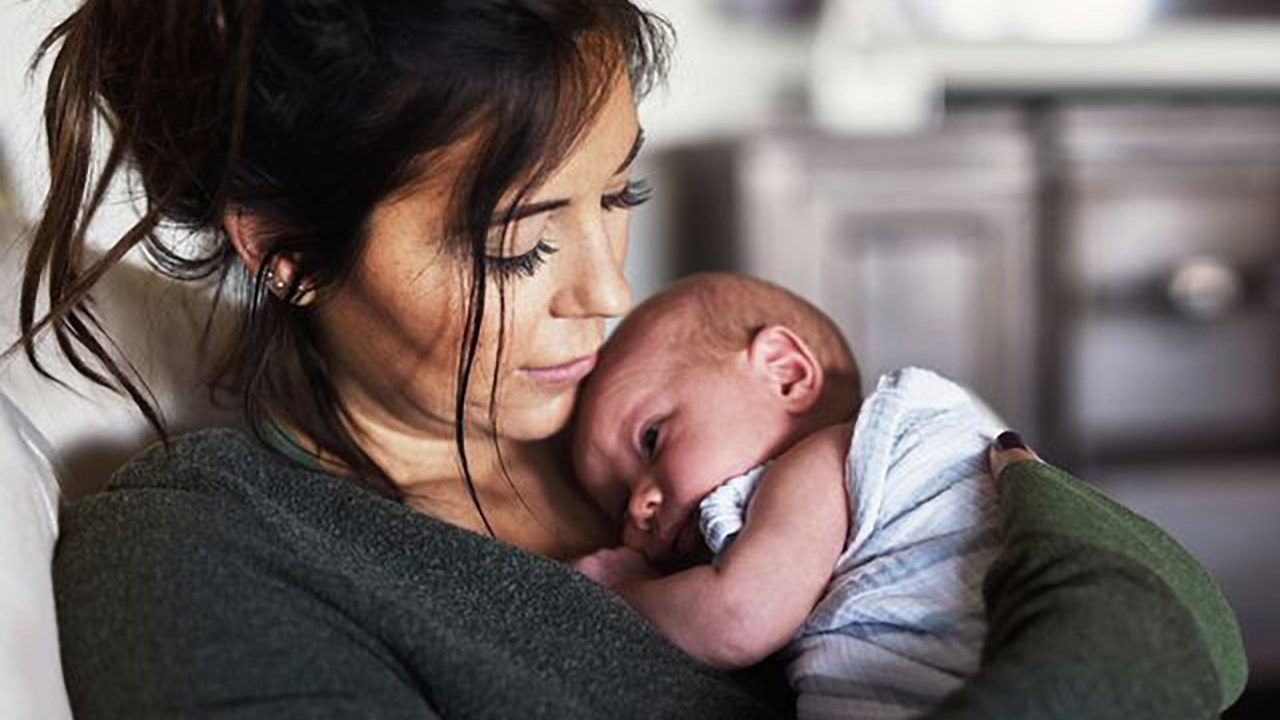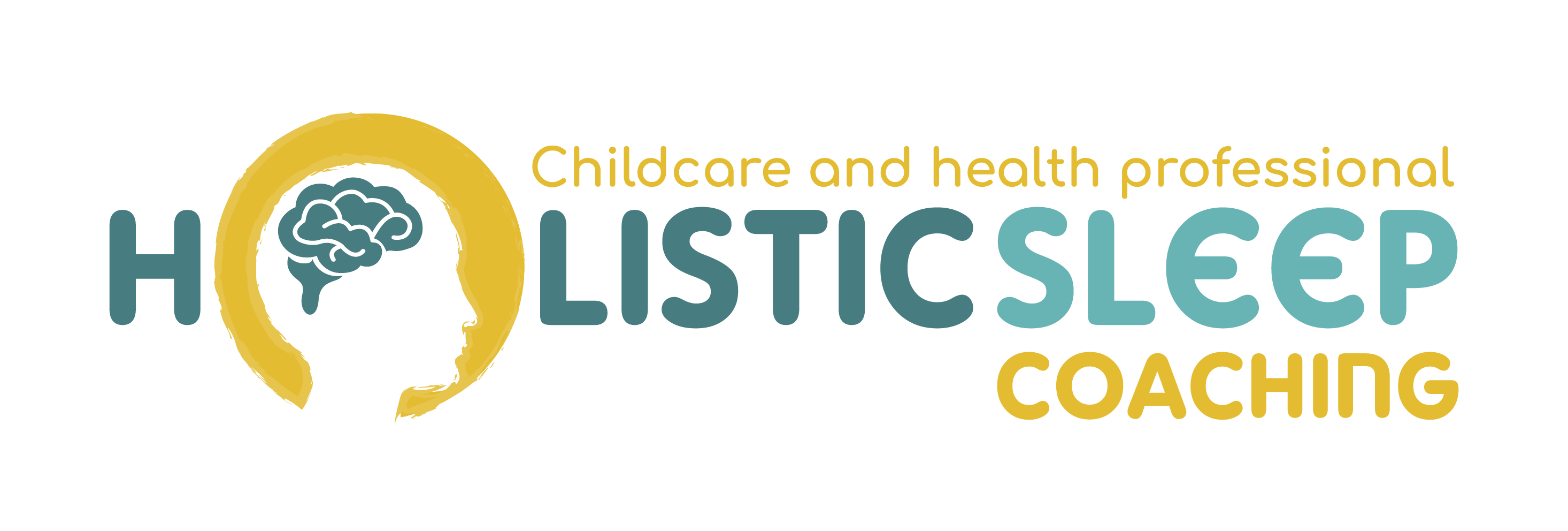When a family contacts a holistic sleep coach, they are primarily focused on sleep. But is this all there is to it? Why is holistic sleep coaching necessary in a crisis?
In this article, we will share what is unique about holistic sleep coaching, and how gentle parenting advocates, healthcare, birth and lactation professionals as well as current and aspiring sleep coaches can be transformative at a family’s time of need.

Working with families always requires a willingness to listen. To hear their story, and hold space for them to be vulnerable enough to share how their situation affects them. Sleep coaches are in a unique and privileged position. Parents trust us enough to share details about their situation and we need to be humble enough to recognise that this is a privilege.
Communicating in a culturally respectful way, planning care that is individualised, and takes account of a family’s unique strengths, challenges and circumstances, and honouring the parents as the experts on their child is the cornerstone of family-centered care.
Sleep cannot be separated from many of the other aspects of parenting. People do not think as if the elements of their life is compartmentalised into little boxes. We know that of ourselves and our own stories – our issues bleed into each other and inter-relate with each other. Settling is related to feeding, which is related to growth, which relates to development, which affects parenting self-efficacy, which affects mental health, which affects the parent-child relationship, which affects sleep. You get the idea. You cannot just address sleep in isolation.
Our holistic sleep coaching program trained graduates are a powerful resource to families because they understand the profound impact that the whole situation and dynamics have on sleep.
Our graduates support families to find gentle and respectful strategies that not only address sleep but also understand the root cause, and related aspects of parenting and family life. In doing so, the families who receive holistic sleep coaching find themselves more confident, more empowered, better informed, and with a renewed vigour for their gentle parenting of their child.
No family situation is the same, and as sleep coaches, we listen with respect and openness to every story. Here are just a few (all identifying features have been changed to protect identities):
Karla was a recently bereaved parent who was forced to return to work. Her one-year-old child was very dependent on feeding to sleep. Karla found herself in a situation where she was grieving, lonely, socially isolated, conflicted about the return to work, and also exhausted. Her child was also finding the loss of his father hard, and Karla was desperate to find a solution that would be compassionate at a very difficult time. Using good listening skills, being respectful of Karla’s culture and circumstances, Karla implemented a gentle strategy that involved no crying alone. Karla found her own needs being accounted for alongside her child’s, and at no time found these to be in conflict.
Bobby was a 2-year-old who had been born prematurely, and at a very low birth weight. His parents had continued to be concerned about his weight, feeding and eating habits since birth. They remained vigilant about his caloric intake, and even though he was developing well, did not feel able to refuse his demands for food and milk at night – which sometimes were up to 4 occasions in the night. Bobby’s sleep coach was able to work with his parents, as they shared their grief, trauma, disappointment and frustration about not only their current situation, but how the past had shaped the present. Bobby and his family were co-creators of a sleep plan that involved pictures, stories, age-appropriate explanations, and a realistic plan to reduce the food and milk overnight without causing anyone stress.
Gabby and May were the parents of a preschooler with behavioural challenges. Their son was being evaluated by multiple professionals but one suggestion that kept being reiterated to them was that his sleep was poor, and they wondered if improving the sleep might help his overall wellbeing. Gabby and May did not want to leave their son to cry, even for brief periods, as this conflicted with their parenting style, and they did not feel this would be a good fit for their son. Working with a holistic sleep coach who understood the impact of sensory needs, emotional regulation and was aware of neurodevelopmental variances, they were able to gently improve the sleep to a point where the sleep could not explain the residual behaviour. This shaped and improved the overall diagnosis, alongside other appropriately trained professionals.
Hayden was a 5-month-old baby with lots of feeding challenges and difficulty settling. She only slept upright, and her parents were exhausted. They needed a compassionate sleep coach who understood and valued the responsive feeding relationship, was able to unpick the feeding issues and refer on appropriately, and manage safe sleep without jeopardizing the close, loving bond that this family had.
In a sleep crisis, attachment-focused strategies do not need to be abandoned. Responsive parenting is still possible and indeed recommended. Prioritising close, responsive parenting and also optimising sleep is the most appropriate way to support families with sleep. In doing so, families not only achieve better sleep, but greater confidence, stronger connections and improved emotional wellbeing.
Want to know more about how to provide support to families with sleep? Join our mailing list HERE and gain access to FREE workshops.
